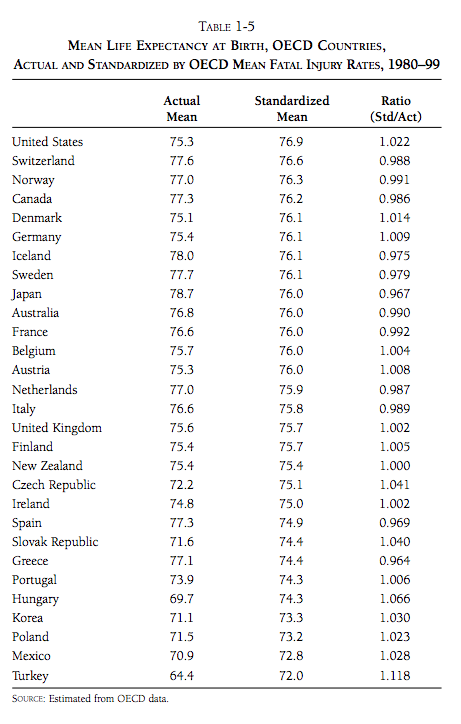

“Many of these workers are significantly underpaid, or not paid at all – a common phenomenon when a profession is dominated, as primary health care is, by women,” she said.

“Today, Africa has a quarter of the world's burden of illness, but just four percent of its health workers.” This means transitioning from the prevention and treatment of COVID-19 to routine care, and increasing global capacity to prevent, detect, and respond to all infectious disease outbreaks.Īnd, said Administrator Power, we must invest in primary medical care professionals. Second, Administrator Power said, we need to bolster global health security defenses against new outbreaks and future pandemic threats because “the same risk factors that caused COVID to spread across the planet remain very much with us.”Īnd finally, she noted, we need to “rebuild the resilience of our health systems by investing in the people who form the backbone of these systems: our always essential primary health workers.” “First, we must finish the fight against the disease that caused the downturn in life expectancy in the first place - by turning COVID into a manageable illness everywhere.” To eliminate the underlying challenges that are straining healthcare systems around the world, Administrator Power said, “we must build resilience by uniting in pursuit of three foundational goals.” “COVID didn’t just attack individual immune systems it attacked our societal immune system - weakening health systems around the world and making it unlikely that we will simply recover our upward march once the pandemic is over.” But at a recent talk at the Center for Global Development in Washington, USAID Administrator Samantha Power warned that in 2020, due to the COVID-19 pandemic, life expectancy fell by two years:
Human life expectancy has more than doubled during the past century, from about 35 years to well over 70 years - largely thanks to numerous scientific advances.


 0 kommentar(er)
0 kommentar(er)
